The NBA is at a pivotal crossroads, following DeMar DeRozan ’s earnest and unsettlingly personal admission of his struggles with mental health earlier this year. Understandably, having to fly across the continent to Compton between games and practices to deal with an ailing family member takes its toll. But millionaires aren’t supposed to feel like that. The default fan perspective is that someone making $25-million a year “doesn’t know what real struggle is.” And herein lies the problem in how we discuss mental health when it comes to athletes.
Since DeMar, we’ve had multiple people speak out. Kevin Love recently issued his own statement on mental health. Younger players like Kelly Oubre Jr. have been speaking out as well. I’d be reticent to call this a “movement,” but it is a motion. It’s a recognition that perhaps it’s time to stop ignoring the “human” side of the people we idolize and stop assuming that their superhuman feats of physicality translate to every facet of their lives.
We tend to assume (wrongly), that only people who are down-and-out are allowed to struggle. It’s a strange, unspoken, and more importantly, untrue adage that dominates the discussion on mental health. “Oh, I’m good, there are children in Africa without water, what do I have to be upset about?” you might whisper under your breath as the pressure of day-to-day life keeps pushing you down. Well, multiply that tenfold for professional athletes. We assume that since they’re rich and can buy anything they can possibly want, that they don’t struggle, or have the right to be upset.
The sports world is a slave to the 24-hour news-cycle — we need controversy and crave conflict. But tragedy and suffering don’t sell as well as mockery. No one wants to watch hours and hours of discussion about someone’s genuine, inverted descent into the uncomfortable. We want to be entertained. And we’ve taken to finding our entertainment in the struggle of others. Look at Isaiah Thomas. Less than a year ago, he was the hero of Boston after playing for the team following his sister’s death. At the trade deadline, he was a meme.
One thing I’ve come to realize over my time here is that everyone bears their own cross. We all have our own problems that are framed by the world around us, how we perceive it and how we interact with it. There isn’t a blueprint for what’s wrong and what’s right, what’s a problem and what’s not. What seems like a monumental problem to you can seem like nothing to someone else. On the flip-side, you could be perfectly content in a moment where the other person may find that moment entirely crushing.
Athletes face a very tight window of popularity and life in the spotlight. Yes, they make tons of money, celebrate their wealth and enjoy fame. But a large portion of athletes come from humble beginnings or outright poverty. And they grow up being taught that their value depends on being good at one particular thing. They zero in on it, they focus on it, and the message is clear — unless you’re good at this, you’re useless. From a young age, the mental pressures pile-up. Add in the need for validation, the want to help those around you, and the desire to be exceptional at something. It’s a melting pot of expectations.
We do not do nearly enough to help young athletes grow-up. The NBA has made efforts to help with this transition. Training now covers everything from adjusting to the physical demands of the season to managing your money to proper conduct (such as LGBTQ language in the locker room). But it’s one thing to teach someone something in a simulated, safe environment, and another to handle those challenges when you’re on your own.
Some players can ignore the pressure, shrug off what is being said about them and gather the sheer self-confidence to wear 3 garbage bags stitched together with banana peel to a pre-game press conference and then go out and drop a triple-double. Others may not be able to do that. Many internalize the comments they read, the analysis they see. Why? Because people expect them to be strong, simply because they’ve ‘made it’. And because for years, we’ve instilled in ourselves the culture that to show weakness is to be weak. To seek help is to be weak. To see a therapist or get support is to be weak. All the money in the world won’t save you when that system of beliefs comes crashing down.
Think of Andre Drummond, who admitted on multiple occasions that he started playing basketball in high school because he didn’t have many friends and that he thought it would make people like him. He was conditioned to believe that people only like him because he’s good at basketball. Now, imagine that he hears people questioning that ability, talks of how he’s not good enough or that he’ll never do this one thing really well. For someone who wanted to be liked, hearing this can be incredibly draining at best and devastating at worst. We need to prepare people for this.
Money doesn’t shield you from depression or mental health issues. It doesn’t shield you from toxic situations that may bring out the worst in you. You can use the money to get help, hire a therapist, or buy some vain symbol of wealth that temporarily makes you feel better. But what does that matter when we’ve come to see “getting help” as a weakness? Money can’t change that reality. And when we equate money to strength and happiness, we lose sight of the person behind it. Until we realize that there’s a person behind the famous names, the conversation isn’t going to change. We might not ever know how truly difficult another person’s road is, but it’s our responsibility to make it easier for them to walk it.






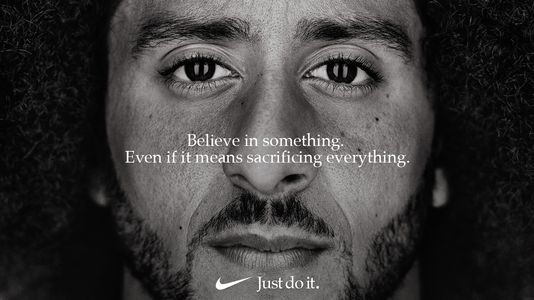
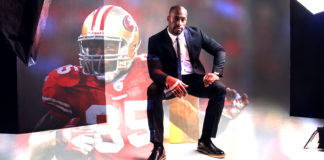

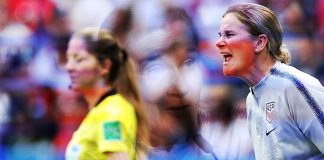
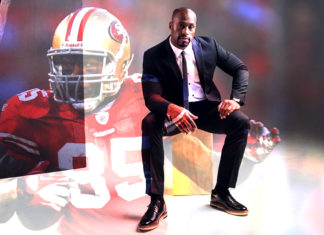
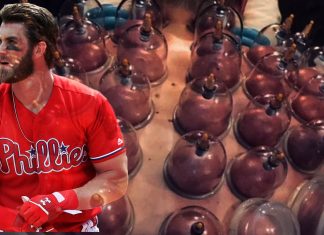
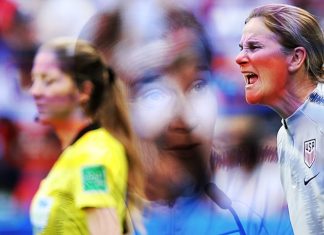
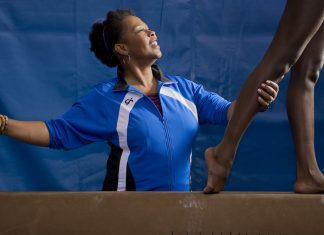
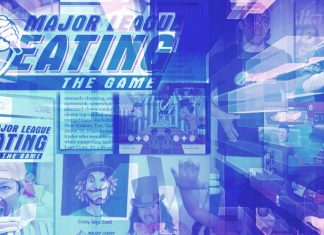
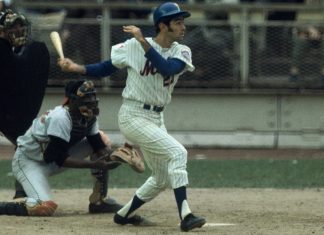
[…] challenge with traveling as an NBA athlete is that you never get to enjoy the cities you visit, unless you are brave enough to go out the night before a game. (If you have to guard LeBron James […]